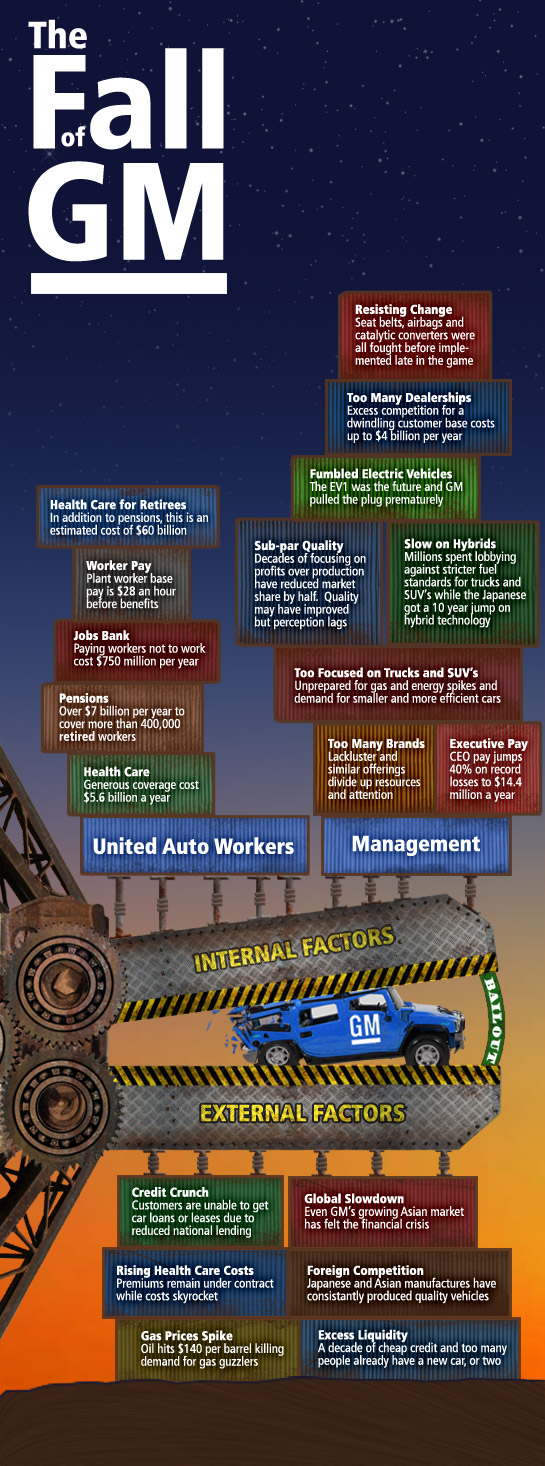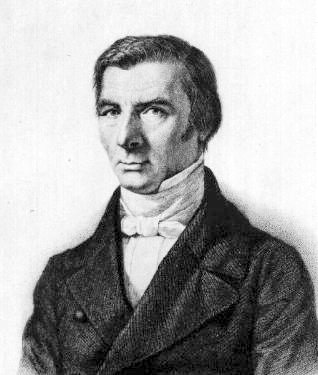The economy shrank at a 3.8 percent pace at the end of 2008, the worst showing in a quarter-century, as the deepening recession forced consumers and businesses to throttle back spending.
Although the initial result was better than economists expected, the figure is likely to be revised even lower in the months ahead and some believe the economy is contracting in the current quarter at an even faster pace.
Meanwhile, criticism of the Fiscal Stimulus package is growing even as it appears it may pass both house and Senate easily. Here's what NY Times columnist David Brooks has to say about the package:But they’ve created a sprawling, undisciplined smorgasbord, which has spun off a series of unintended consequences. First, by trying to do everything all it once, the bill does nothing well. The money spent on long-term domestic programs means there may not be enough to jolt the economy now (about $290 billion in spending is pushed off into 2011 and later). The money spent on stimulus, meanwhile, means there’s not enough to truly reform domestic programs like health technology, schools and infrastructure. The measure mostly pumps more money into old arrangements.









